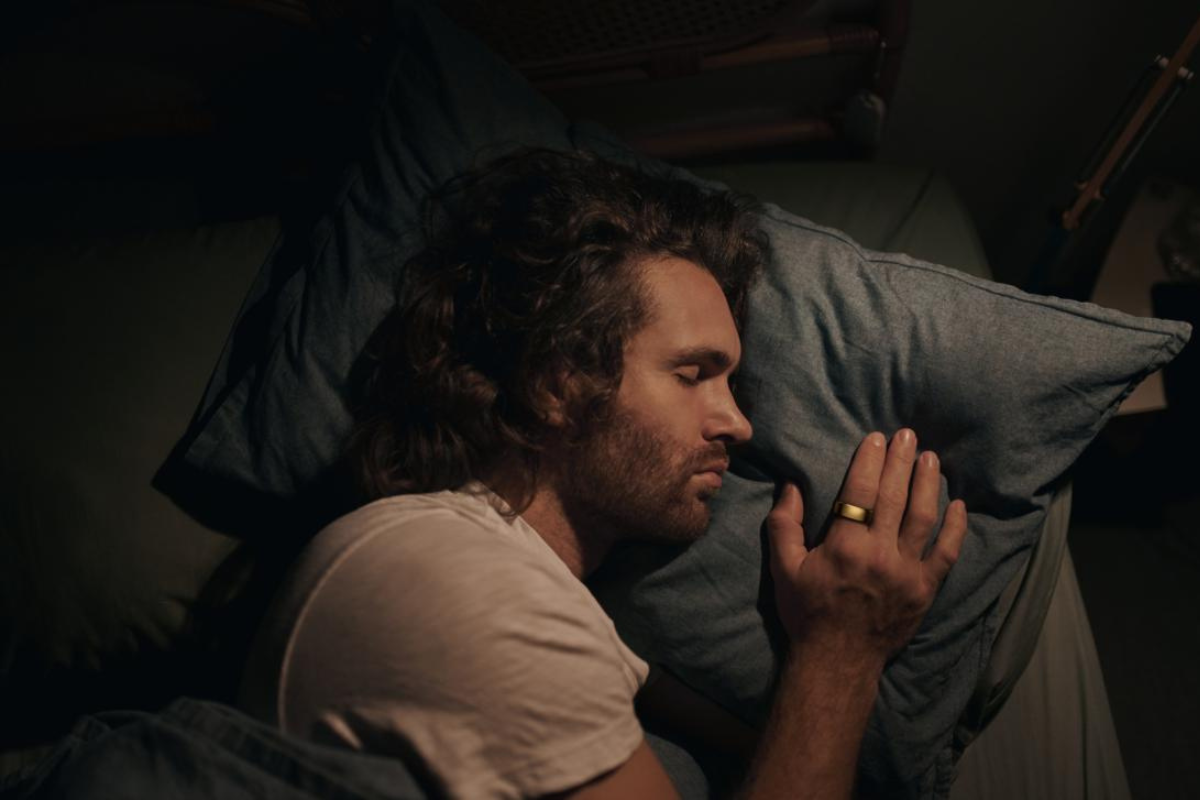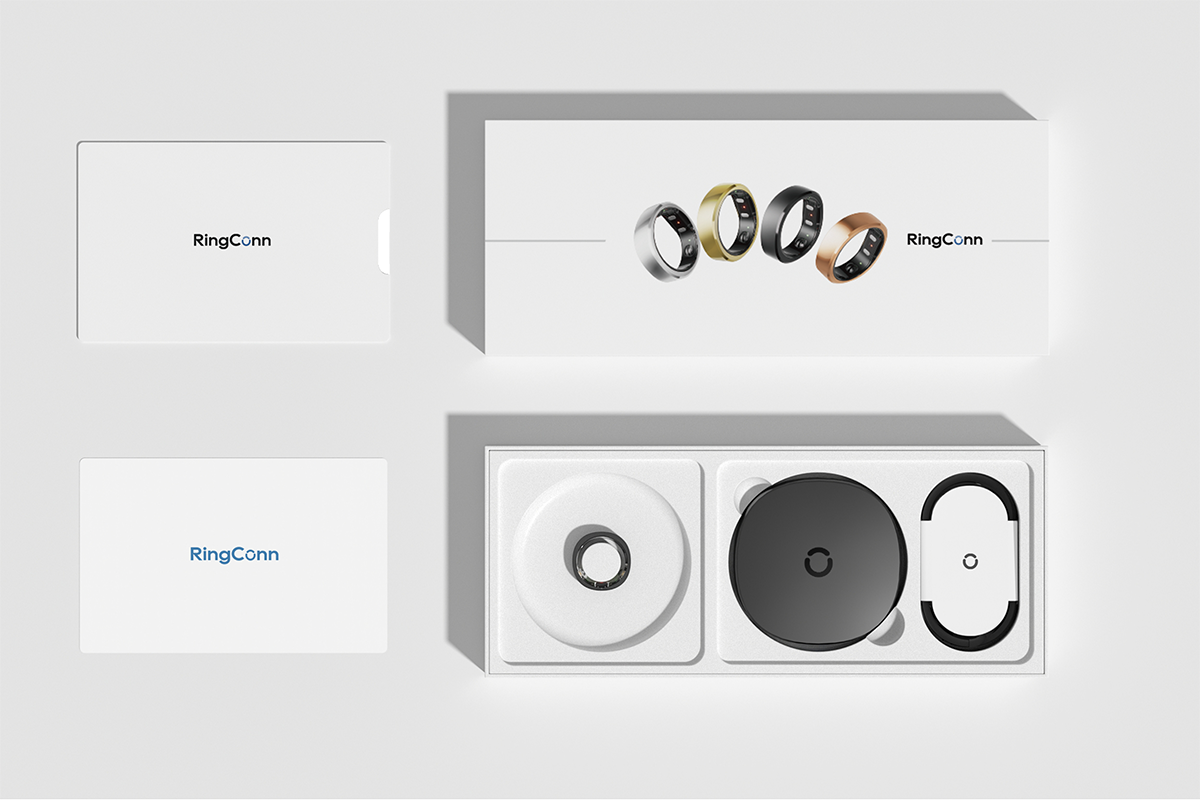Introduction:
Sleep Apnea is a serious sleep disorder affecting over a billion people worldwide. Sleep Apnea is more than just snoring or feeling tired; it can have significant long-term health implications. This article will explain what Sleep Apnea is, its causes, risks, and how RingConn Gen 2 can help detect and manage the condition with precise monitoring.
*According to research, approximately 936 million adults aged 30-69 (both male and female) experience mild to severe obstructive Sleep Apnea (OSA), and 425 million of these individuals have moderate to severe OSA. China has the highest number of affected individuals, followed by the U.S., Brazil, and India.
*Data from:
Benjafield A V, Ayas N T, Eastwood P R, et al. Estimation of the global prevalence and burden of obstructive sleep apnoea: a literature-based analysis [J]. The Lancet Respiratory Medicine, 2019, 7(8): 687-698.
What is Sleep Apnea?
Sleep Apnea is a sleep disorder characterized by repeated interruptions in breathing during sleep. These interruptions, known as apneas, can last for several seconds to minutes and occur multiple times throughout the night. It ranges from mild to severe and often involves airway obstruction or decreased oxygen levels, leading to sleep disturbances.
*Data From:
- American Academy of Sleep Medicine (AASM)
- NIH National Heart, Lung, and Blood Institute
RingConn Gen 2
3 Types of Sleep Apnea:
Obstructive Sleep Apnea (OSA):
OSA is the most common form of Sleep Apnea, characterized by repeated complete or partial blockage of the upper airway during sleep. These blockages often occur with a drop in blood oxygen levels and awakenings. It happens when the throat muscles relax excessively during sleep, causing the airway to narrow or close. Although the brain attempts to signal the body to breathe, the blocked airflow leads to interrupted sleep and oxygen deprivation. OSA sufferers often snore or wake up gasping for breath.
Central Sleep Apnea (CSA):
CSA is less common and occurs when the brain fails to send proper signals to the muscles that control breathing. Unlike OSA, this is not caused by a blocked airway but by a temporary “forgetting” of the body to breathe. CSA is often associated with heart failure, stroke, or the use of certain medications. Those with CSA may not snore, and the breathing pauses are quieter but equally dangerous.
Mixed Sleep Apnea:
As the name suggests, mixed Sleep Apnea combines elements of both OSA and CSA. Patients experience both airway blockages characteristic of OSA and failed breathing signals typical of CSA. The diagnosis and treatment of mixed Sleep Apnea are more complex due to the need to address both mechanical obstruction and neural signal disruption.

Causes of Sleep Apnea:
The causes of Sleep Apnea include:
- Physical factors: Narrow airways, obesity, enlarged tonsils, or weakened throat muscle control.
- Lifestyle habits: Smoking, excessive alcohol consumption, and lack of exercise increase the risk.
- Other factors: Age, gender, pregnancy, and certain medical conditions such as heart failure.
Risks of Sleep Apnea:
Untreated Sleep Apnea can lead to serious health issues over time, which can be divided into short-term, mid-term, and long-term effects:
- Short-term risks:
Daytime fatigue, difficulty concentrating, mood swings, and frequent headaches.
- Medium-term risks:
Sleep Apnea can lead to chronic sleep deprivation, resulting in decreased productivity, increased risk of accidents (especially car accidents due to drowsy driving), weight gain, and a weakened immune system. The body's inability to rest properly can also cause irritability, anxiety, and depression.
- Long-term risks:
If left untreated, Sleep Apnea significantly increases the risk of high blood pressure, heart disease, stroke, type Ⅱ diabetes, and cognitive decline. It may also contribute to the development of metabolic disorders, drastically reducing the quality of life, with severe cases even carrying a risk of death.

How RingConn Can Help:
RingConn Gen 2 offers a unique solution for those concerned about Sleep Apnea. With 24/7 monitoring, RingConn tracks your sleep stages and provides real-time data with medical-grade accuracy. Here’s how we help:
- 90.7% detection accuracy:
Reliable detection of potential Sleep Apnea episodes.
- Nighttime blood oxygen tracking:
Continuous SpO2 monitoring ensures you stay informed of any drops that could indicate Sleep Apnea.
- AI Health Coach personalized insights:
The RingConn app analyzes your data with the AHC feature and offers personalized advice to improve your sleep quality (coming soon).
Conclusion:
Sleep Apnea is a serious condition, but it doesn't have to control your life. By understanding its causes and risks, and with the help of RingConn's cutting-edge health monitoring ring, you can take charge of your health and enjoy better sleep.
Stay ahead with precise health data—RingConn has got you covered.
Feedback and Support
For more information on how RingConn enhances your health monitoring experience, visit our website or contact our support team at "FAQs and Feedback: in ME (RingConn App).

For more details on how RingConn enhances your family's well-being through advanced health monitoring and connectivity, visit our website or contact our support team.Your input helps us improve our products and services to better meet your needs. You can also contact us via email at cs@ringconn.com.
Join us in revolutionizing health and connectivity with RingConn Smart Ring today!




Laisser un commentaire
Ce site est protégé par hCaptcha, et la Politique de confidentialité et les Conditions de service de hCaptcha s’appliquent.